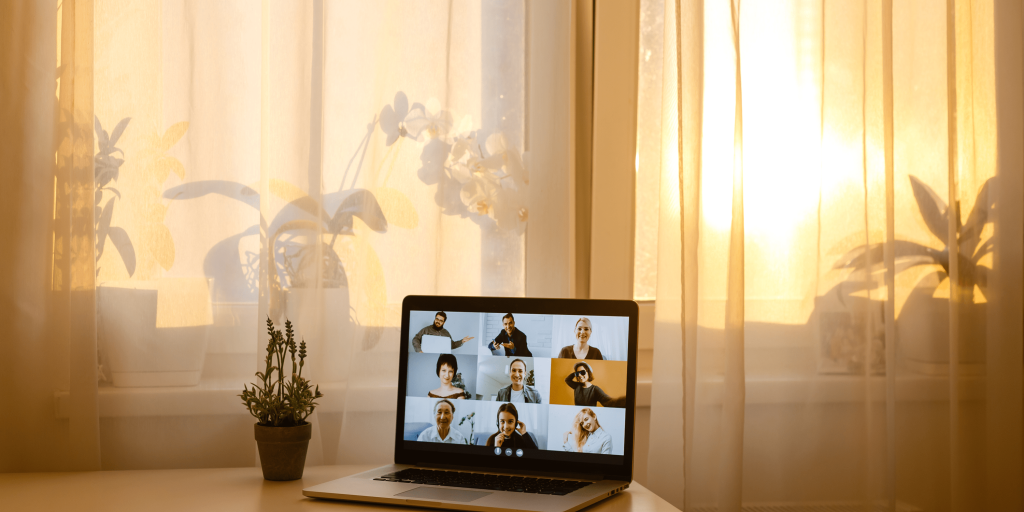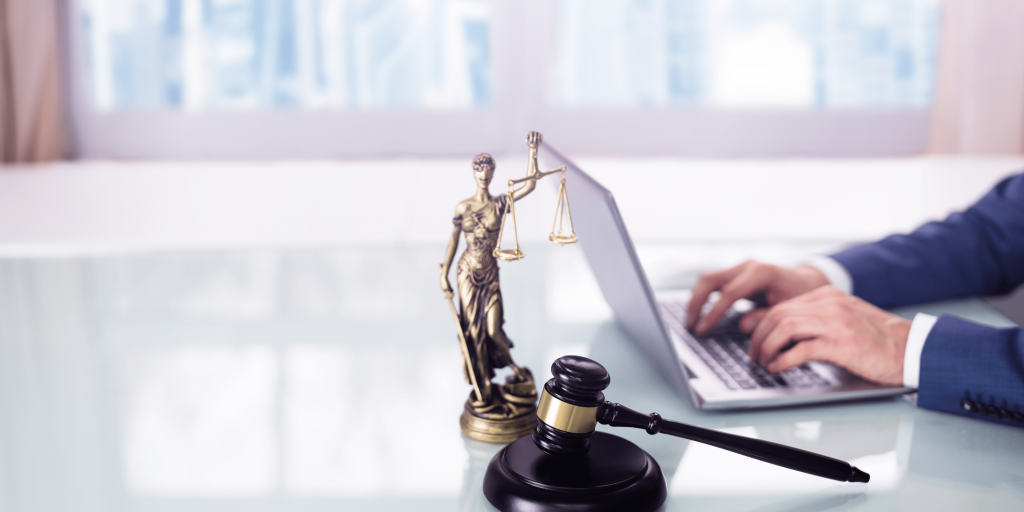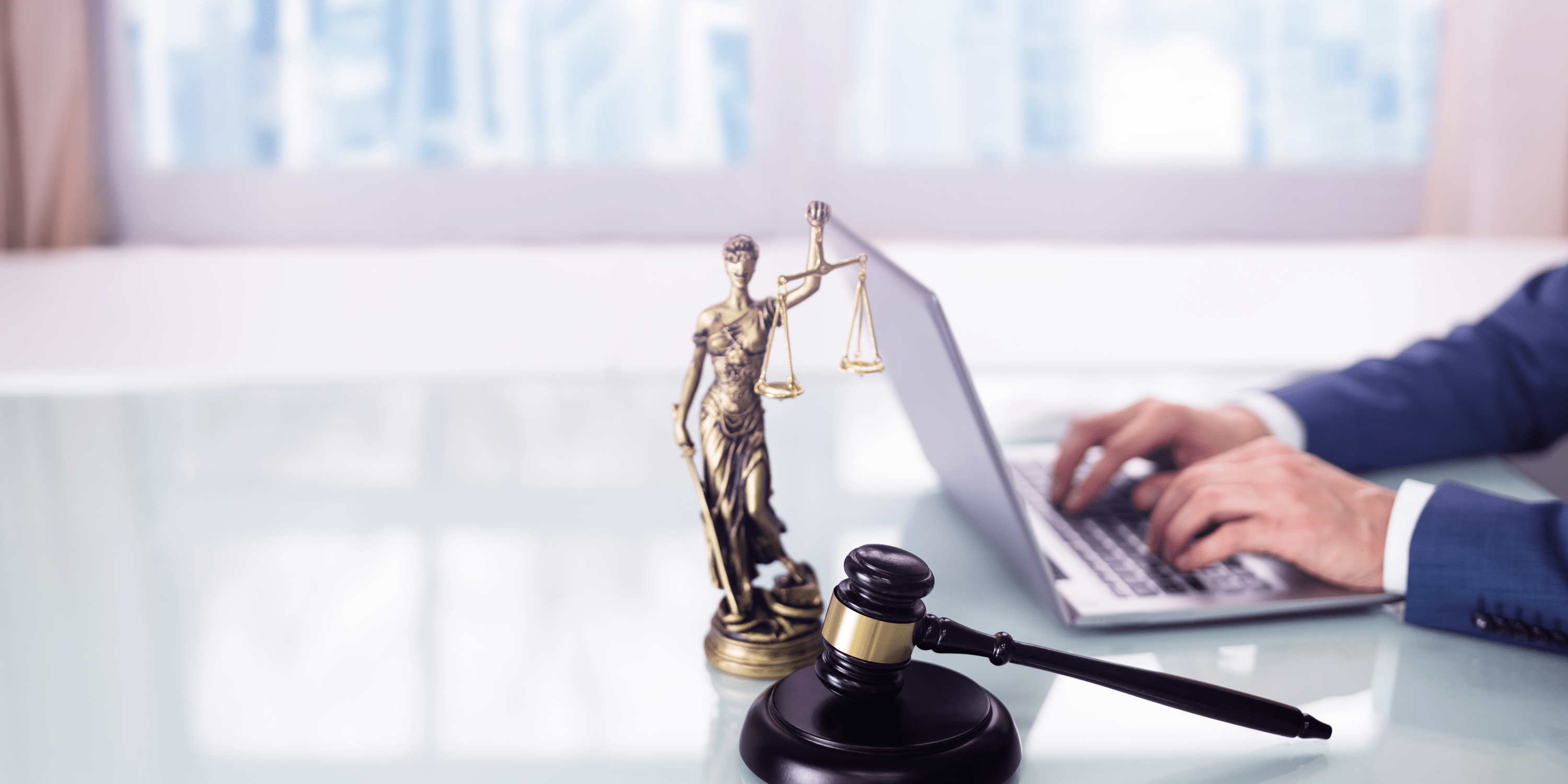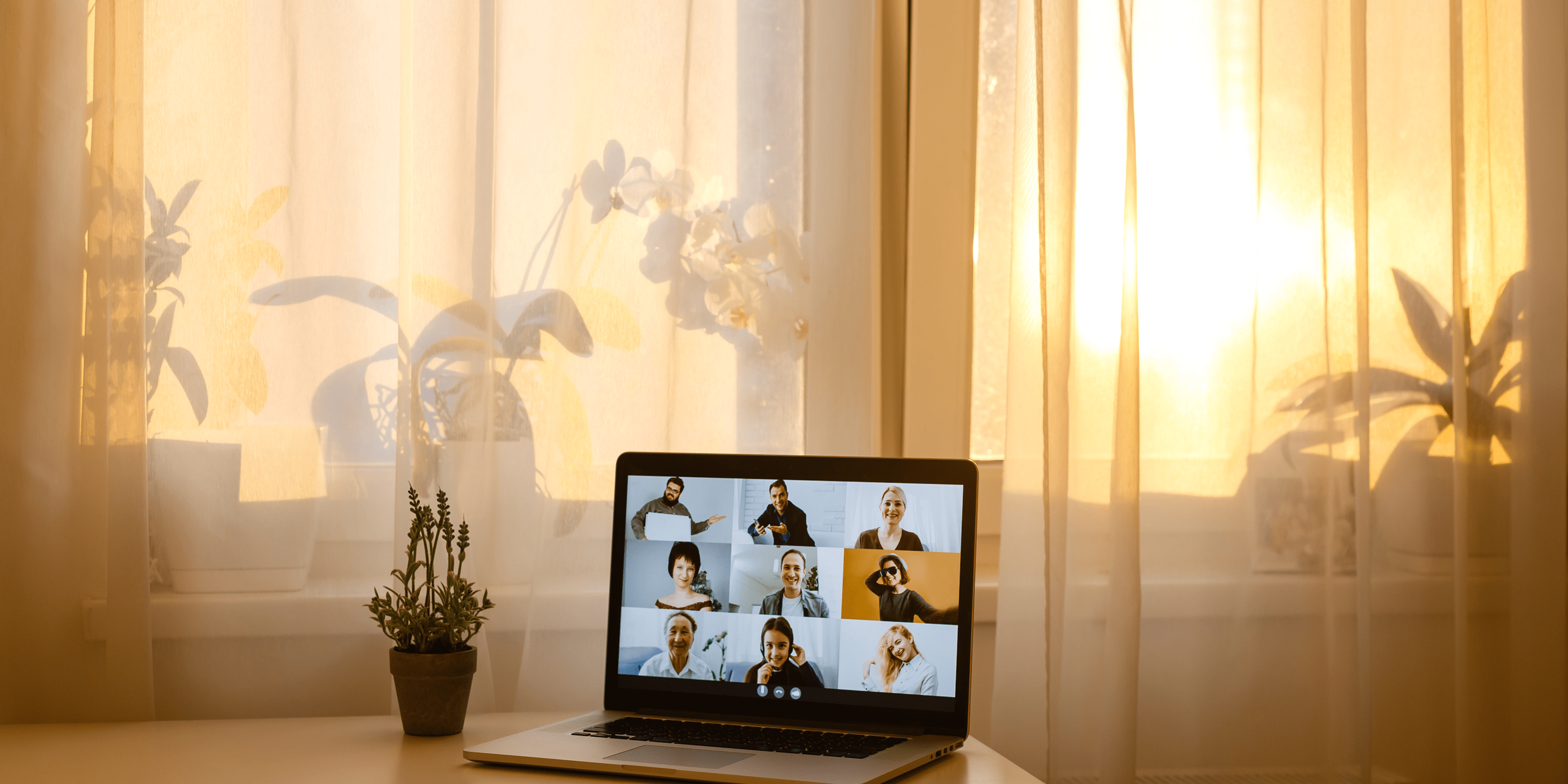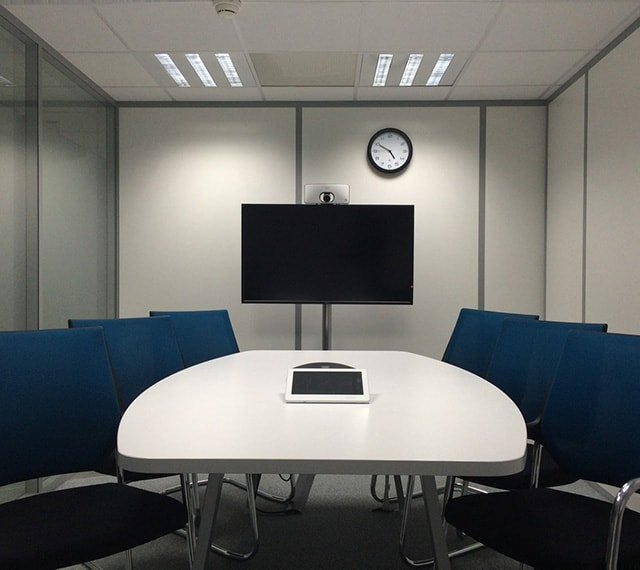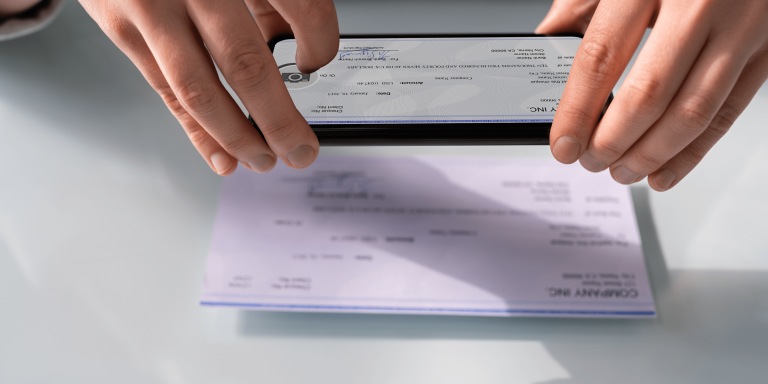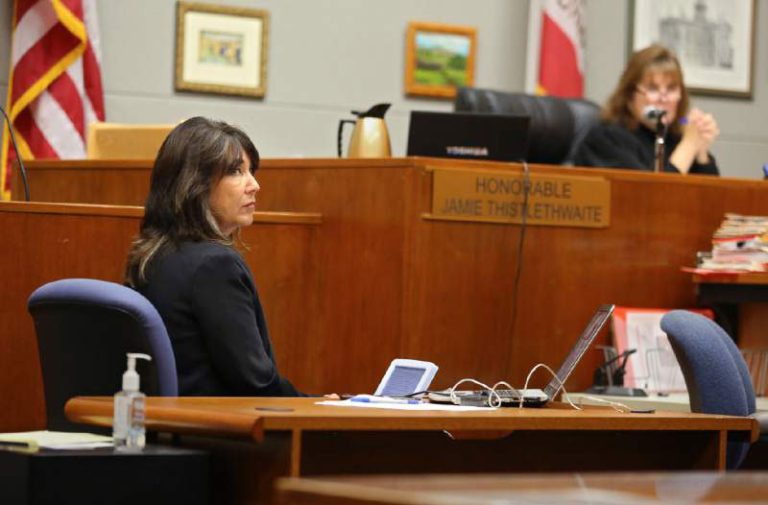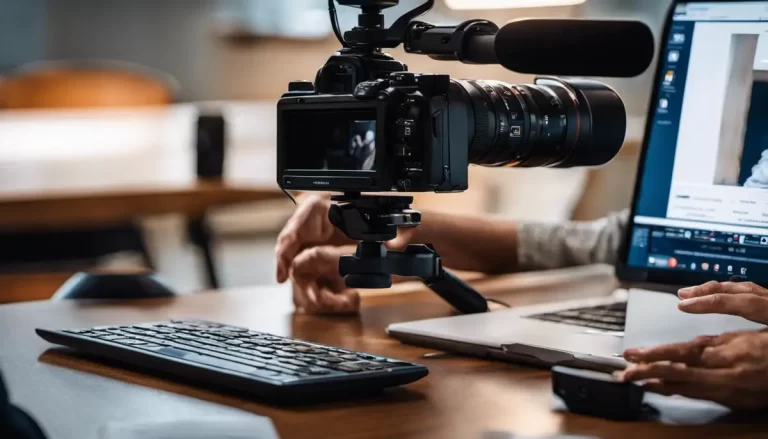Embrace videoconferencing and recording in legal procedures! No longer do lawyers have to meet clients in stuffy courtrooms or long commutes. With technology, lawyers can now use videoconferencing and recording. This dynamic combination is making legal proceedings more accessible, efficient, and convenient for all participants. We’ll discuss the rise of videoconferencing and recording in the legal field, their benefits for professionals and clients, best practices for implementation, potential challenges and solutions, and its future in the industry, all while highlighting how embracing these technologies can make the justice system more efficient and accessible.
The rise of videoconferencing and recording in the legal field
Videoconferencing and recording are changing the legal industry. Lawyers can now communicate with clients, colleagues, and witnesses from anywhere thanks to technology and high-speed internet. This convenience has given lawyers more options and saved them time and money on travel.
Besides convenience, videoconferencing allows legal teams in different places to collaborate seamlessly. Without leaving their workplaces, lawyers may now meet, review information, and strategize. This level of connectedness improves efficiency and communication between complex cases and transnational litigation professionals.
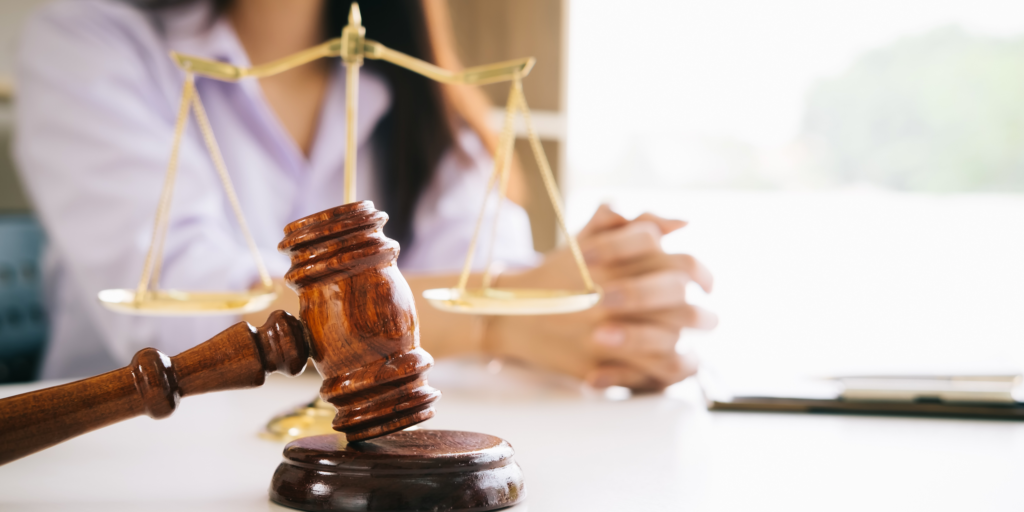
Video recording is also useful for review. Every statement given at a deposition or hearing can now be seen and audibly recorded. This creates a more accurate record for future proceedings.
Videoconferencing and recording in the legal industry have increased, ushering in a new era when location no longer hinders representation or collaboration. The benefits go beyond convenience; they boost accessibility and efficiency, which are essential for strengthening the justice system!
Benefits for legal professionals and clients
Videoconferencing and recording have transformed the legal profession, benefiting both lawyers and clients.
Videoconferencing lets lawyers communicate with clients, witnesses, and specialists in other cities or countries. This eliminates expensive travel and saves time commuting. It also helps lawyers manage many cases remotely.
Videoconferencing benefits clients too. Attending meetings or judicial sessions no longer requires time off work or scheduling changes. Instead, individuals can participate remotely from home or work. This convenience saves time and decreases court hearing stress.
Video recordings of legal procedures are also useful for lawyers and clients. Evidence can be reviewed at any point throughout case preparation using these recordings. Lawyers can better assess witness testimonies for cross-examinations or convincing arguments depending on courtroom dynamics.
If there are language issues or a client requires reference materials, a recorded proceeding is helpful.
How videoconferencing and recording can improve access to justice
Videoconferencing and recording have made legal proceedings more accessible and efficient for all parties. Technology is key to enhancing justice access.
Videoconferencing enables remote legal participation. This is especially helpful for disabled or remote court attendees. Videoconferencing makes the judicial process accessible to everyone by reducing travel and giving a virtual courtroom experience.
Legal procedures can be accurately documented, and evidence preserved. It can be hard to catch every detail in typical courtrooms. Video recordings allow lawyers to evaluate testimonies and cross-examinations anytime. This promotes transparency and reduces factual manipulation.
Access to recorded hearings also lets clients study their own testimony or witness testimonies before trial or appeal. It empowers clients by letting them objectively evaluate their performance and intellectually and emotionally prepare for future hearings.
Best practices for using videoconferencing and recording in legal proceedings
Videoconferencing and recording in court are becoming more popular. It’s convenient, efficient, and accessible for lawyers and clients. Best practices are essential for successful virtual hearings or depositions.
Preparation matters. Make sure everyone has the right gear and a reliable internet connection. Test the video and audio before the event to avoid technical issues.
Set clear videoconference conduct rules. Remind participants to dress professionally, be polite, and minimize distractions.
Use encrypted platforms to maintain privacy. Limit access to sensitive data to authorized users.
Fourth, consider having a neutral third party review the recording process for impartiality and accuracy.
Last but not least, participate! Encourage speakers to speak properly into their microphones whether addressing others or presenting evidence. This will reduce video call miscommunications owing to limited nonverbal cues.
Potential challenges and solutions
Videoconferencing and recording have transformed the legal sector, but they face obstacles. Security and confidentiality of sensitive information disclosed during virtual proceedings are major concerns. For this, lawyers can use encrypted platforms and compel participants to sign confidentiality agreements.
Videoconferencing can be disrupted by technological faults or connectivity concerns. To reduce disruptions, test all technology beforehand. Backup communication routes like phone lines or videoconferencing platforms can also help avoid difficulties.
Internet access may also be unreliable for some individuals. Providing access to physical sites with relevant technology helps enable equal participation for all stakeholders.
Maintaining decorum during virtual proceedings is also difficult. Monitoring behavior and educating participants on basic manners can assist in maintaining professionalism.
Lawyers and court workers vary in technical skill. Videoconferencing training can close this gap and improve virtual proceedings.
We enable seamless technology integration into legal processes by acknowledging these potential challenges and implementing proactive solutions like secure platforms, thorough testing, backup options for connectivity issues, designated physical locations when needed, clear etiquette guidelines, and comprehensive training programs!
The future of videoconferencing and recording in the legal industry
Videoconferencing and recording in court proceedings have great potential to improve efficiency, accessibility, and convenience. As technology advances rapidly, the legal area will naturally adopt it.
Videoconferencing and recording systems using AI are growing. AI-powered technologies can help with transcription, document analysis, and predictive analytics. This saves time and improves legal accuracy.
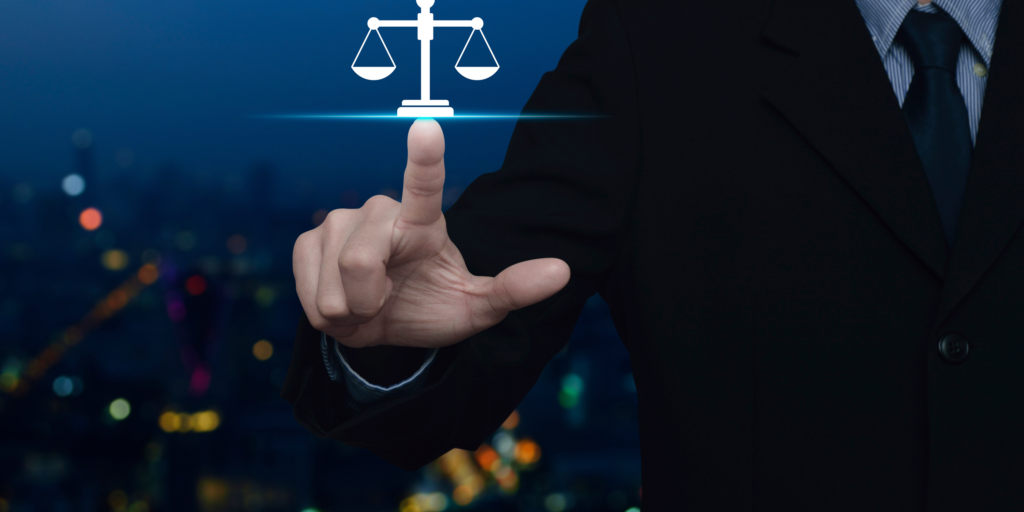
Virtual reality is another promising trend. Imagine jurors or experts being able to virtually reconstruct crime or disaster scenes. VR could transform judicial evidence presentation and comprehension.
These advances bring issues that must be addressed. Legal practitioners must address data security risks during remote recordings to protect confidentiality.
Despite these obstacles, videoconferencing and recording will influence the legal sector. They’re too good to ignore, saving time, money, and improving justice.
Videoconferencing and recording expand legal options. We can make justice delivery more efficient and accessible by using AI and VR. This revolutionary innovation has a bright future!


